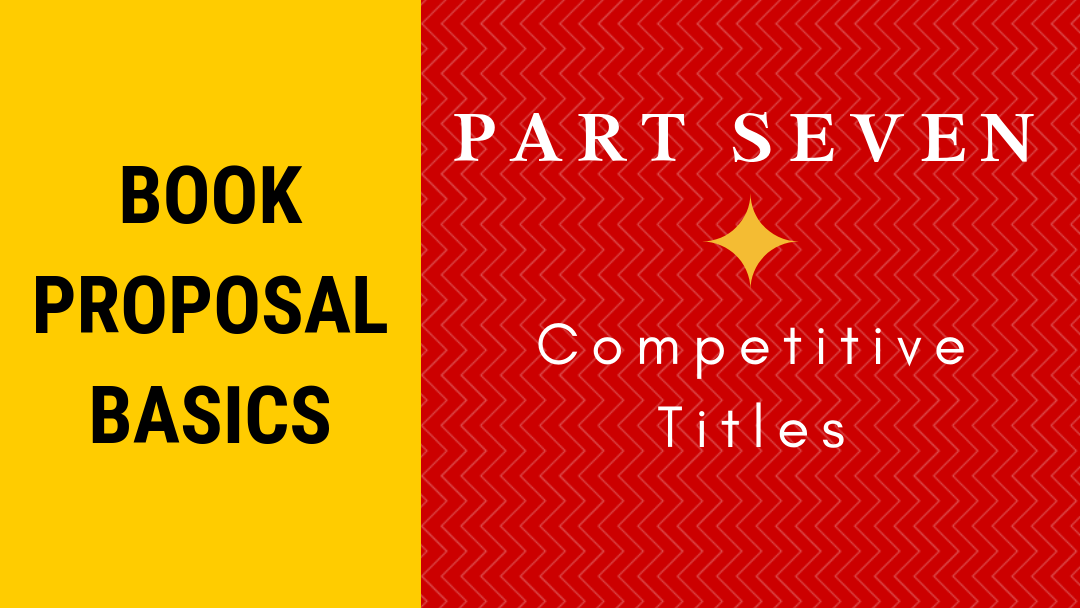In the world of nonfiction, there are two kinds of writers: authors who speak, and speakers who write. The way to tell which you are is to ask which is easier. For speakers, writing is hard and there may be an easier way to craft a book than to sit in front of the computer.
Most pastors are speakers first and the blank page is a huge obstacle for them getting their first book out.
To talk about this, today we are joined by author Caleb Breakey. Caleb is the CEO of Sermon to Book and Speak It To Book.
Caleb, welcome to the Christian Publishing Show!
While everything we talk about applies to regular professional speakers, we are going to be focusing on pastors today. This is the Christian Publishing Show, after all, and a lot of our listeners are ministry leaders of some kind.
Questions:
- Why is writing so hard for so many pastors?
- How are sermons and books different?
- What is the advantage for a pastor to have a book?
- What advice do you have for pastors who are planning a sermon series that they think could become a good book?
- Let’s talk about ghostwriters. Some pastors work with a ghostwriter to adapt the transcripts into chapters. What mistakes do authors make when working with a ghostwriter?
- Ok, so the initial draft of the book has been crafted by the ghostwriter. The next step is editing, where an editor and the pastor go through rounds of revisions. What advice do you have for pastors during this process; should they just accept/reject all the proposed edits?
- Tell us about Sermon to Book.
Links
The post 024 How to Transform Your Sermons into a Book appeared first on Christian Publishing Show.







